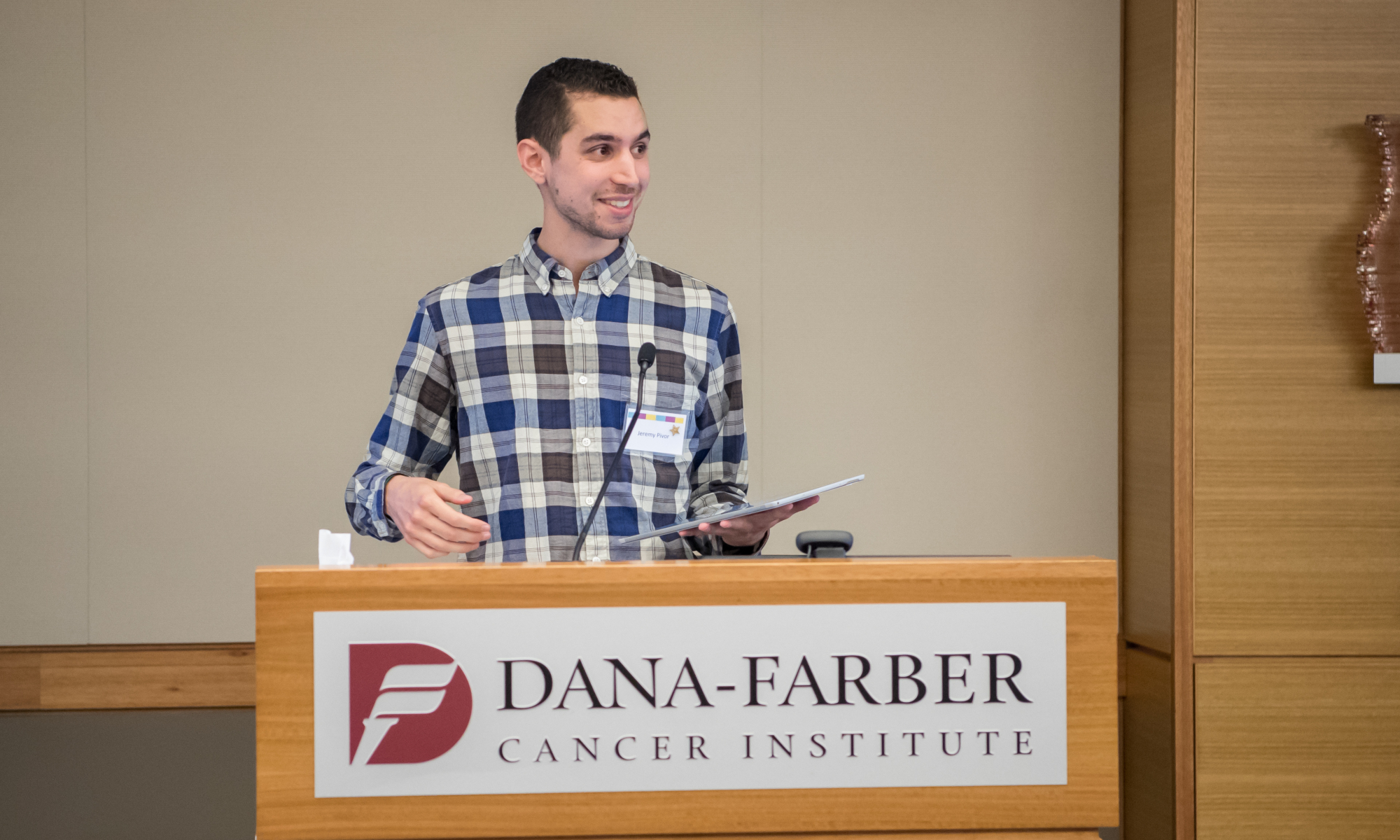In his article for The Washington Post, 2013-14 Luce Scholar Jeremy Pivor describes how his experiences of isolation, uncertainty, and fear while living with brain cancer have taught him valuable lessons for coping with the coronavirus pandemic.
To all those now self-isolating, adjusting our daily routines, and dealing with this new uncertainty, Pivor advocates for reaching out to loved ones and not hesitating to ask for help. “Instead of focusing on the “what-ifs,” it is best to take life day by day.”
I have lived with brain cancer since I was 12 years old and I am beginning to realize how confronting my tumor has prepared me for the isolation, uncertainty and fear that the coronavirus has brought our way.
Whether it was my first surgery in 2004, radiation and chemotherapy during my first recurrence in 2014, or my most recent surgery in 2018 followed by radiation and experimental treatments, I have had to stay home and pause my life multiple times. Having to stay at home, isolated from my friends, to get through treatments and recovery changed the daily flow of my life. That is what we are facing today and may be facing for many months ahead.
The spread of covid-19 has been nerve-racking because it could place my complicated treatment in jeopardy. For the past 17 months, I have been undergoing experimental immunotherapy for a second recurrence. I receive these treatments every three weeks. If I get sick, at best, I will face a delay in treatment, which is stressful because it adds more unknowns to the uncertainty I already face about whether these treatments will halt the growth of my brain tumor.
But worse, I have no idea how the virus would affect my immune system if I am exposed and whether my immunotherapy may cause my immune system to overreact to infections. All these possibilities are frightening.





